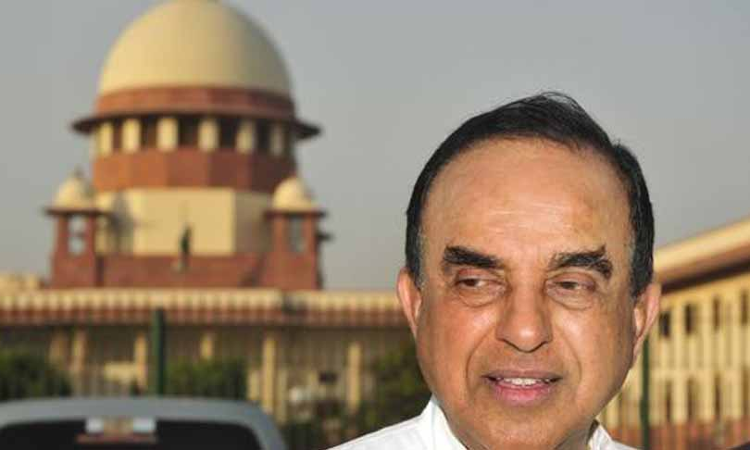The Supreme Court on Friday issued notice on a PIL filed by BJP leader Subramanian Swamy challenging the Constitutional validity of the Places of Worship (Special Provisions) Act 1991.A Bench comprising of CJI SA Bobde and Justice AS Bopanna issued notice and tagged the matter with Ashwini Upadhyay's plea seeking similar relief."That the Act of 1991is unconstitutional is also void ab initio...

